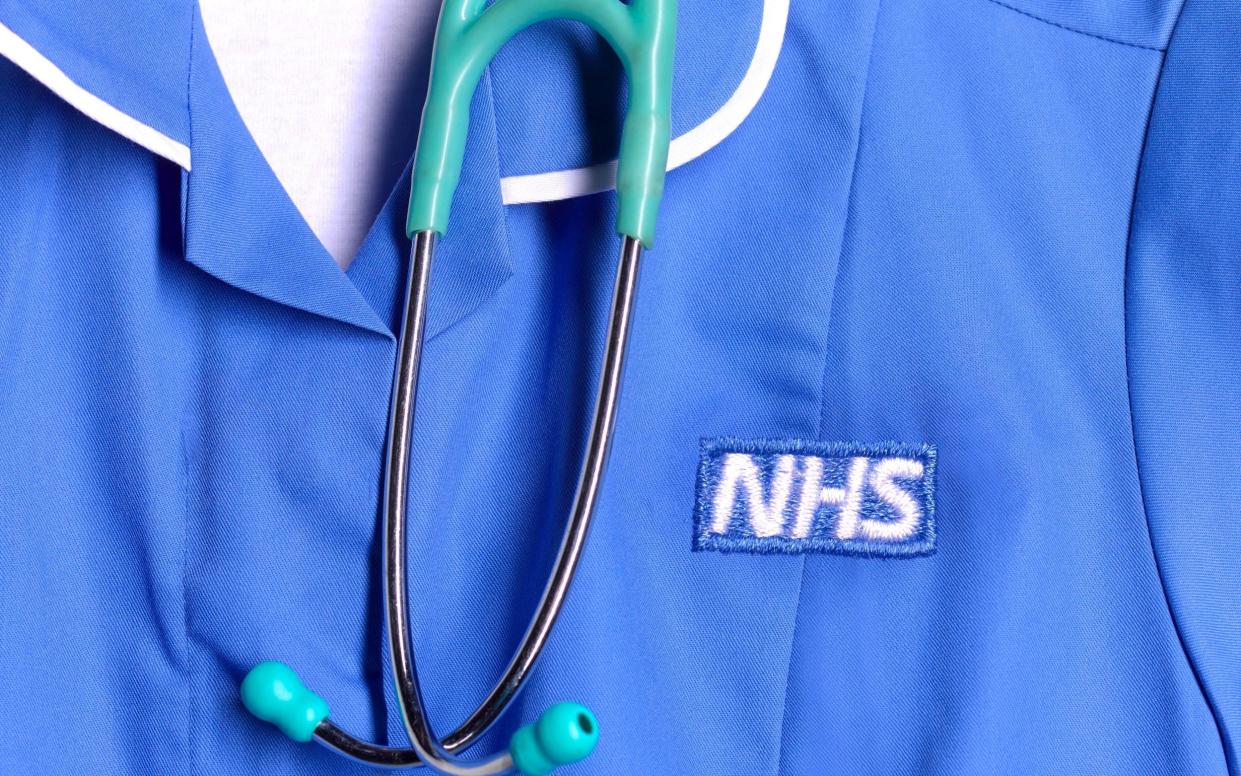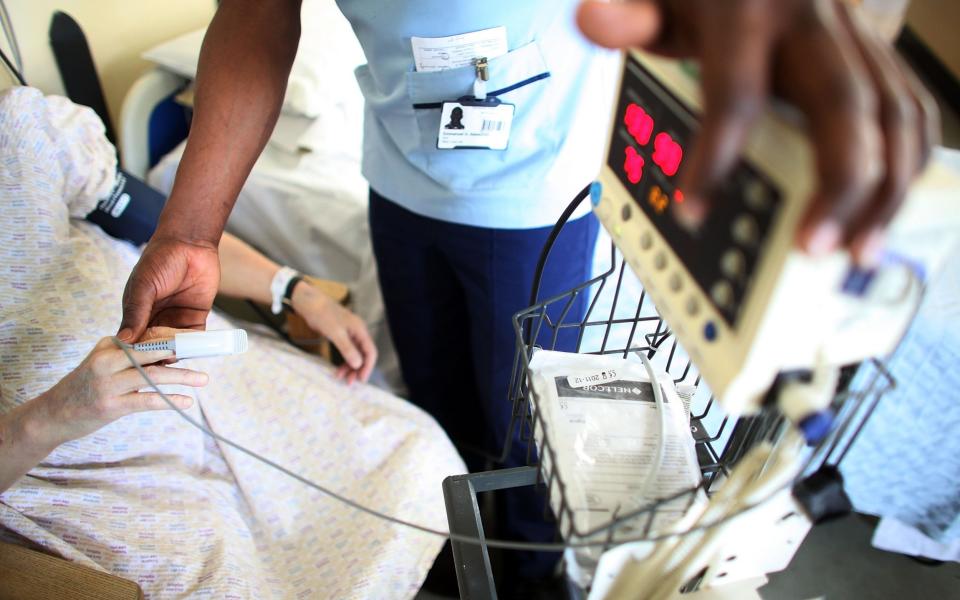Patients are being ‘left to die alone’ due to lack of nurses

Patients are being “left to die alone” because of a dangerous lack of nurses, it has been claimed.
Around two-thirds of hospital shifts have fewer than the planned number of registered nurses working, according to an analysis by the Royal College of Nursing (RCN).
A fifth of A&E nurses are having to care for more than 50 patients on their own, the RCN said as it called for a legal limit on the number of patients a nurse should be expected to care for.
The college said patients were at risk as the new figures also revealed four in five nurses believe that safety is being compromised by a lack of staff.
Missing nurses
A survey of more than 11,000 nursing staff found that 68 per cent of those working in hospitals were on shifts with fewer than the planned number of registered nurses. Half of these, or a third of the total, were understaffed by at least a quarter.
In community services, there were similar issues, with 64 per cent of shifts missing nurses, and 40 per cent missing more than half of the required number to care for patients.
A nurse in a hospital in the West Midlands said: “I have not been able to sit with patients who are dying, meaning they have been left to die alone.”
They added: “I have not had the time to make sure patients are fed properly and have adequate drinks.”
Another nurse in the West Midlands said patients were being left in pain and not being cleaned after incontinence.

“Medications have been hours late, leaving patients in severe pain,” they said. “Patients have not had their personal care done as often as necessary to keep them clean after episodes of incontinence.”
A midwife at a hospital in Yorkshire said the standard of care had fallen to trying to keep patients alive and that there was “completely unsafe care due to unacceptable staffing levels”.
“The standards of what is acceptable care for a service to provide have fallen so low, the benchmark is survival.”
The RCN is calling for “safety-critical limits” to be introduced to stop nurses from having to care for dozens of patients at any one time. It wants the next government to legally enforce rules to protect patients.
It comes a year after the NHS published a long-term workplace plan to fix the staffing crisis. Plans were outlined to increase the number of nurses employed from around 350,000 at present, to 520,000 in England by 2036-37.
‘Vicious cycle’
There are currently 31,000 unfilled vacancies for registered nurses, according to the RCN, which said understaffing was creating a “vicious cycle” of worsening conditions.
A community nurse in the South West of England said staff were “always rushing” and there were days when 60 visits to patient homes could not be carried out because there was no one to do them.
Another community nurse in the South of England said: “We leave over 50 patients requiring nursing care unseen on a daily basis due to poor staffing levels. This leads to increases in hospital admissions and deaths. It is left to us to decide who gets seen and who gets missed, which is heartbreaking.”
Professor Nicola Range, the RCN’s acting general secretary and chief executive, said nurses were “fighting a losing battle to keep patients safe”.
“Without safety-critical limits on the maximum number of patients they can care for, nurses are being made responsible for dozens at a time, often with complex needs. It is dangerous to patients and demoralising for nursing staff,” she said.
“We desperately need urgent investment in the nursing workforce but also to see safety-critical nurse-patient ratios enshrined in law. That is how we improve care and stop patients coming to harm.”
NHS England was approached for comment.

 Yahoo News
Yahoo News 
